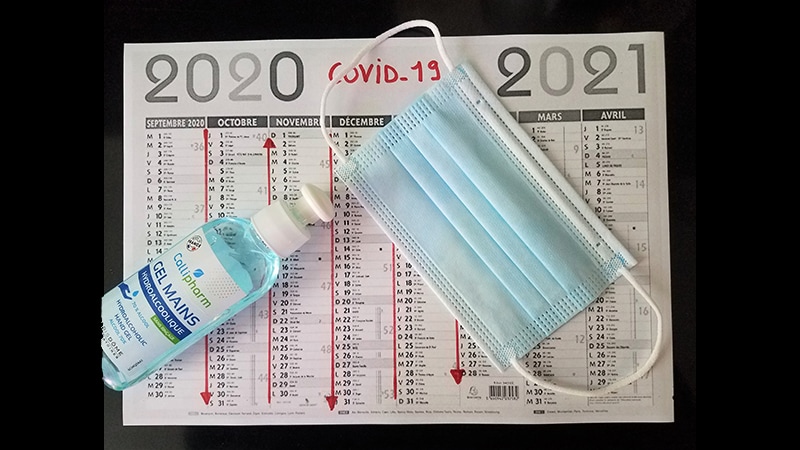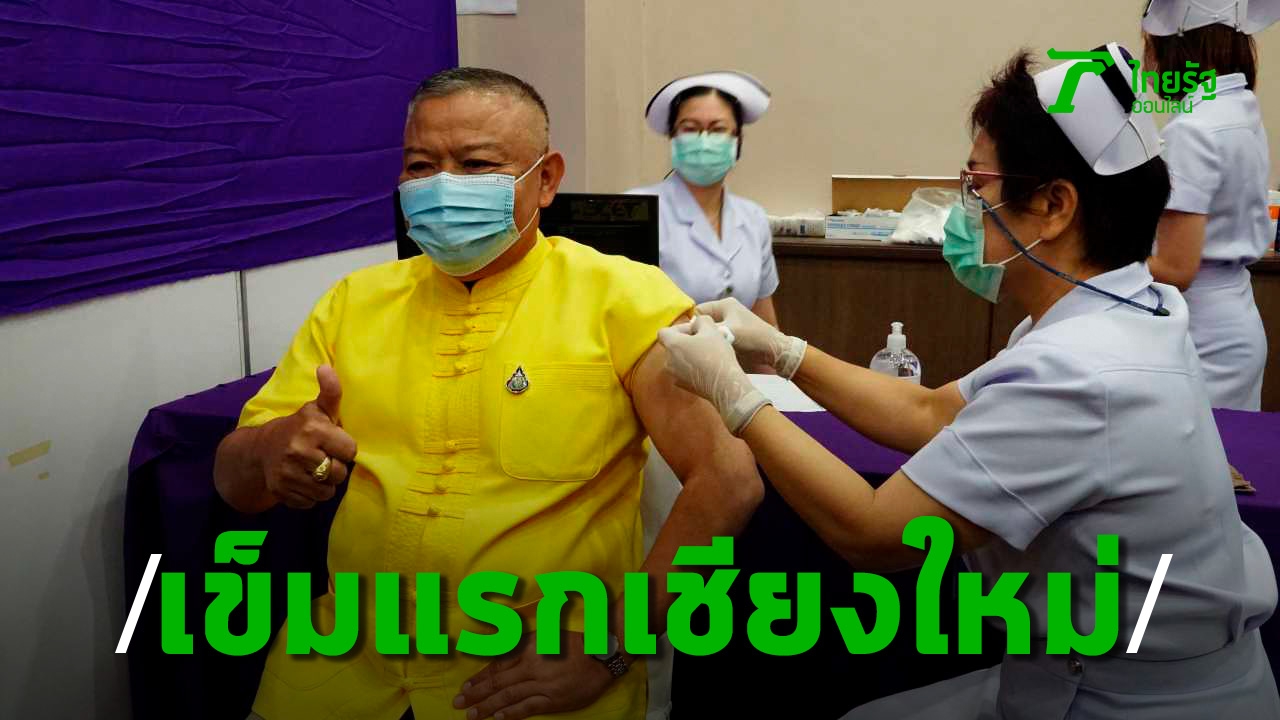Suisse – The European branch ofWorld Health Organization (WHO) on Thursday called on the health authorities of each country, health professionals, researchers and patients to all collaborate to better understand and manage the long-term Covid. “This is a clear priority for WHO, and of the utmost importance. This must be for all health authorities, ”said Hans Kluge , the director of the UN health organization for the Europe region, during a press conference. Before adding “patients must be heard”.
Disabling syndromes
Hans Kluge recalled that post-Covid or Covid-long disease resulting in disabling symptoms after infection could have “severe consequences on the social, economic and professional life” of patients. “Its weight is real and significant,” he said.
The problem is all the more crucial as it concerns many people. “One in 10 still does not feel well 12 weeks after the Covid, or even longer”.
Patients remain affected with disabling syndromes, “they must be heard,” he added.
Also present at the press conference, the Pr Martin McKee, research director of the European Observatory of Health Systems and Policies, also insisted on the disabling aspect of this “wide variety of types of symptoms, not necessarily associated with the severity of the Covid-19 disease” and on the major impact they can have on the lives of those who suffer from it (see box). In addition to lasting fatigue, brain fog, inflammation, muscle pain and shortness of breath, Professor McKee also spoke of the consequences on mental health, with “symptoms that come and go”.
Set up a common research program
These are all reasons that lead WHO Europe to call on European countries and institutions to set up a “common research program”, with harmonized data collection, focusing on symptom recognition, research and research. re-adaptation.
Hans Kluge also counts bring together the medical officials of the 53 European countries that are members of the organization “to put in place a regional strategy” in this area.
From now on, primary care has an important role to play with his patients, he said.
Professor McKee also insisted on the need for a multidisciplinary and multi-specialty approach, calling for “working together”. He called on those involved in this research to include patients, to see them “as partners” and to look at them from a global perspective and not fragmented, as is often the case with chronic diseases.
“One of the hardest things is that people don’t believe you”
Invited to testify at the press conference, Richard Roels, a 42-year-old Briton, spoke of his difficulties, 11 months after being infected with SARS-CoV-2. Leading a healthy lifestyle before illness didn’t stop this psychology graduate from suffering from ongoing debilitating symptoms, including inflammation of the hands and feet, shortness of breath, palpitations and brain fog. “I had no idea what was really going on and neither did my GP,” said Richard Roels, who is a member of the WHO technical advisory group on the impact of Covid-19 on mental health. During the summer and fall, he was hit by new waves of symptoms. He even, at one point, lost all sensation on his right side, which led him to see the hospital to make sure it was not a stroke. Her family life, her daily life and her well-being were of course affected. “I think one of the hardest things is that people don’t believe you,” he said during the press conference.
–
– .


